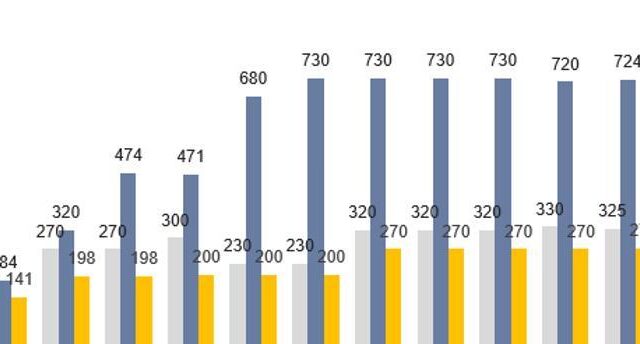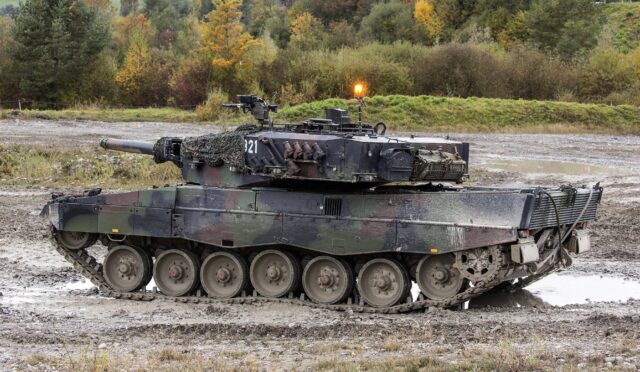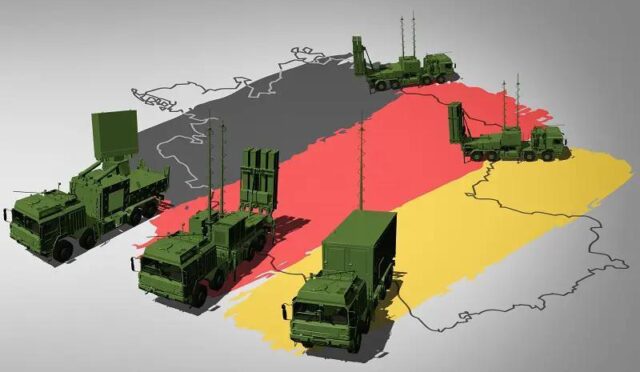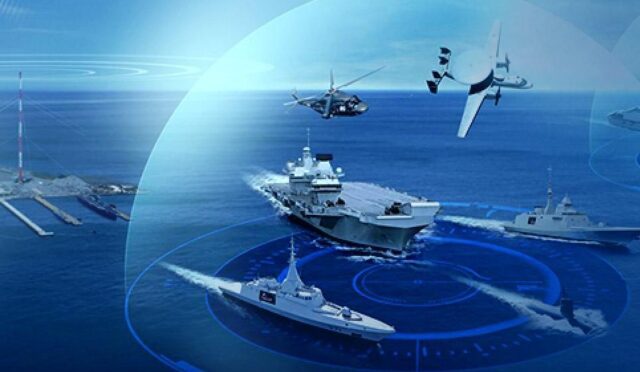AI in UK Military Operations: Largest Experiment Yet
The UK military has successfully completed its most extensive artificial intelligence (AI) experiment to date, evaluating the potential of advanced algorithms to enhance battlefield operations across various domains including land, sea, and air. Over the course of five days, more than 200 scientists from the Defence Science and Technology Laboratory (Dstl) collaborated with military personnel, industry specialists, and international partners to explore these AI systems developed by the defense technology company Thales.
This comprehensive trial engaged fourteen Royal Navy vessels, notably the experimental ship XV Patrick Blackett, alongside a Royal Air Force (RAF) fast jet, a helicopter, and various armored vehicles. To create an authentic combat scenario, participants operated within a contested environment, where ‘red teams’ simulated enemy forces. The primary goal was to investigate how AI could assist commanders in rapidly evolving, high-pressure situations.
Supporting Human Decision-Making
According to Dstl Chief Executive Paul Hollinshead, the intent behind utilizing these AI systems is to enhance, rather than replace, human decision-making in military operations. “The technology is designed to lessen the cognitive load on military personnel by filtering vast amounts of information and providing clearer intelligence from the battlefield,” he explained.
AI technology played a pivotal role in gathering and analyzing visual, infrared, and radar data from various operational platforms involved in the experiment. This functionality aimed to assist the RAF in refining its target recognition capabilities. By assimilating data from multiple sensors simultaneously, these AI systems are expected to reduce the workload for pilots and enhance their operational response times.
Enhancing Maritime Operations
For the Royal Navy, the trial offered a significant opportunity to bolster maritime surveillance and threat detection capabilities, especially in challenging and congested operational environments. The results from the exercise may lead to improved tactical responses in naval operations, showcasing the potential of AI technologies in managing complex maritime landscapes.
The UK Ministry of Defence emphasized that by curating high-quality data across multiple operational domains, Dstl is laying the groundwork for future AI systems that could provide the UK armed forces with a decisive advantage in intricate environments. Notably, the exercise also included participation from the US and Australia, highlighting the international collaboration in military AI advancements.







